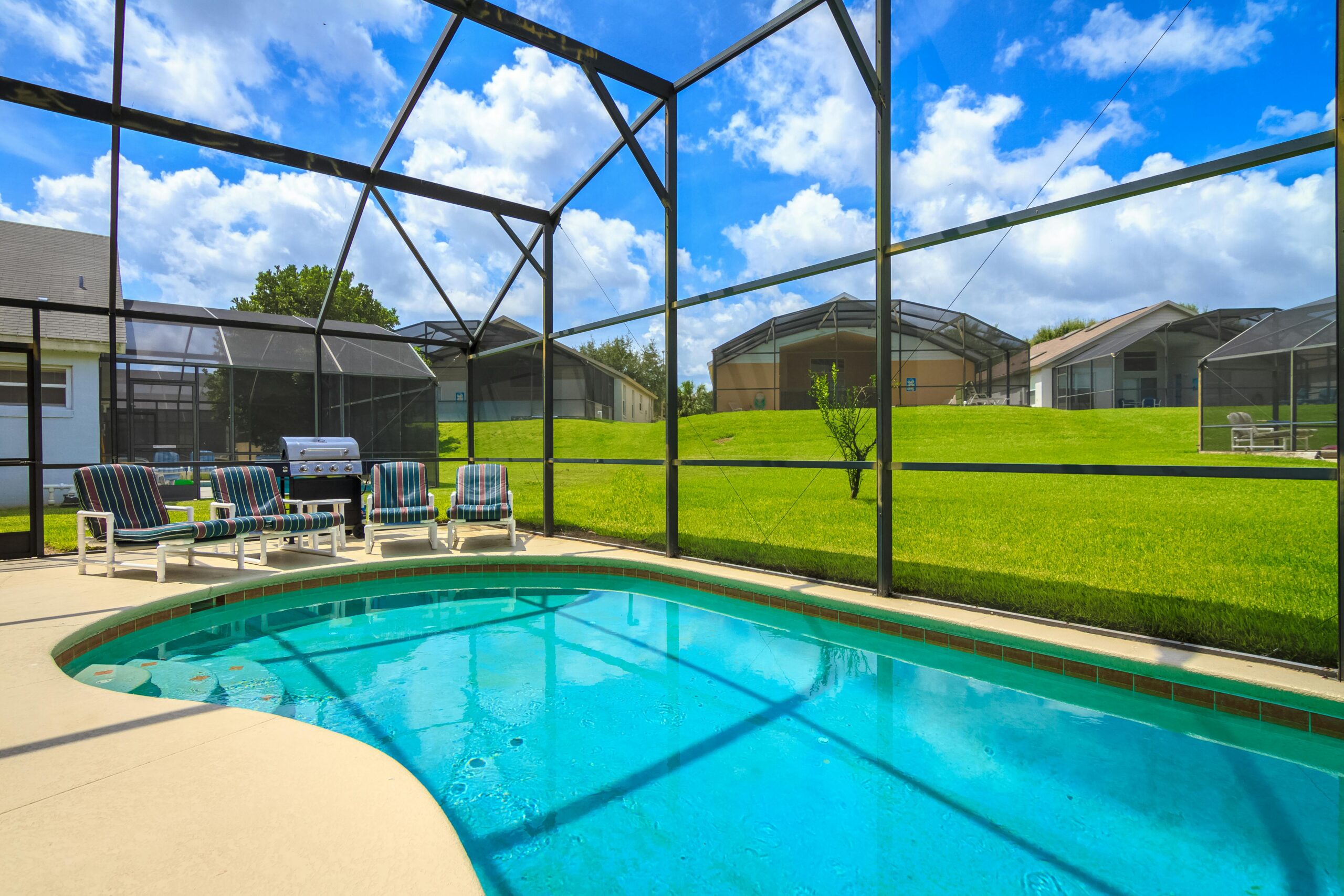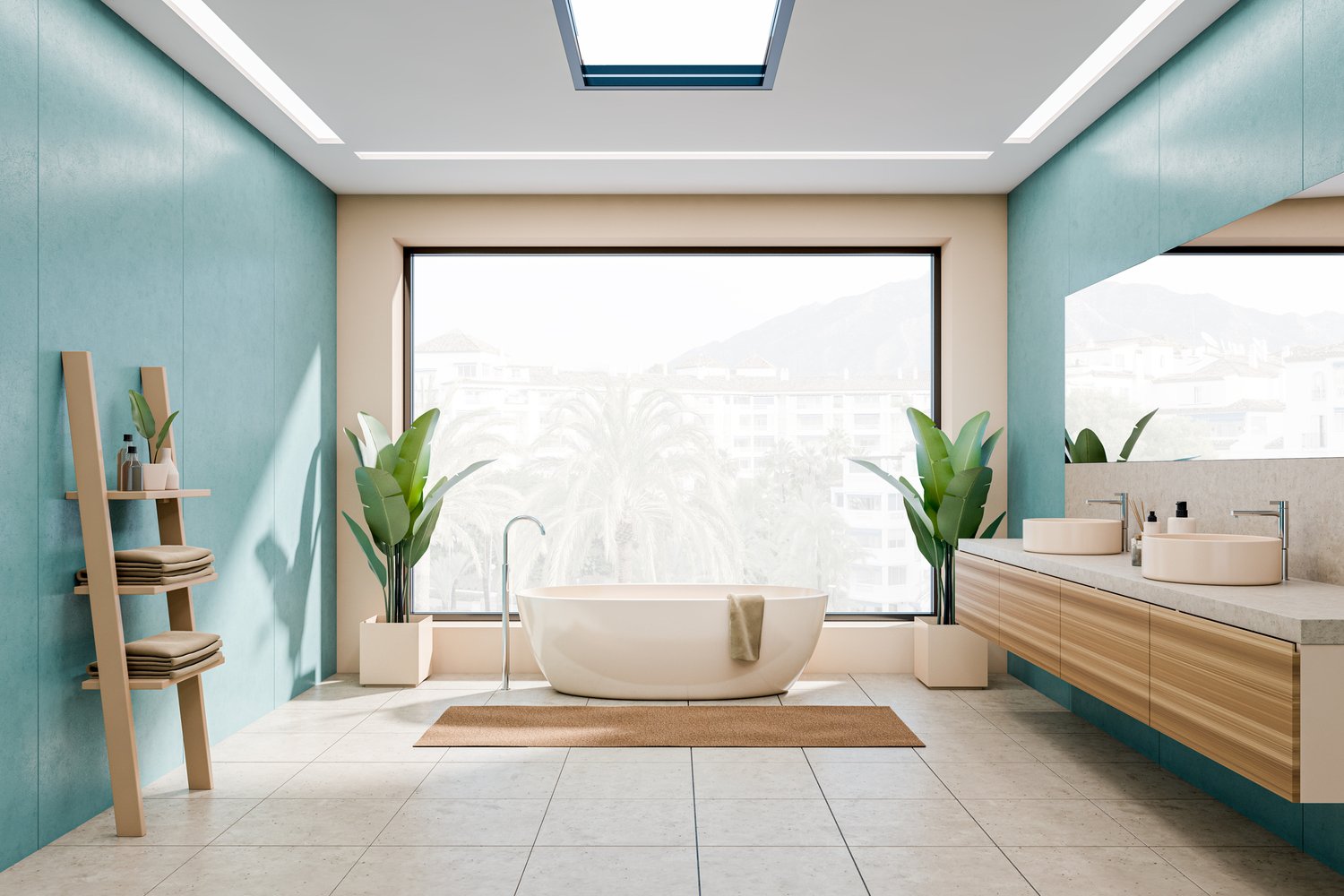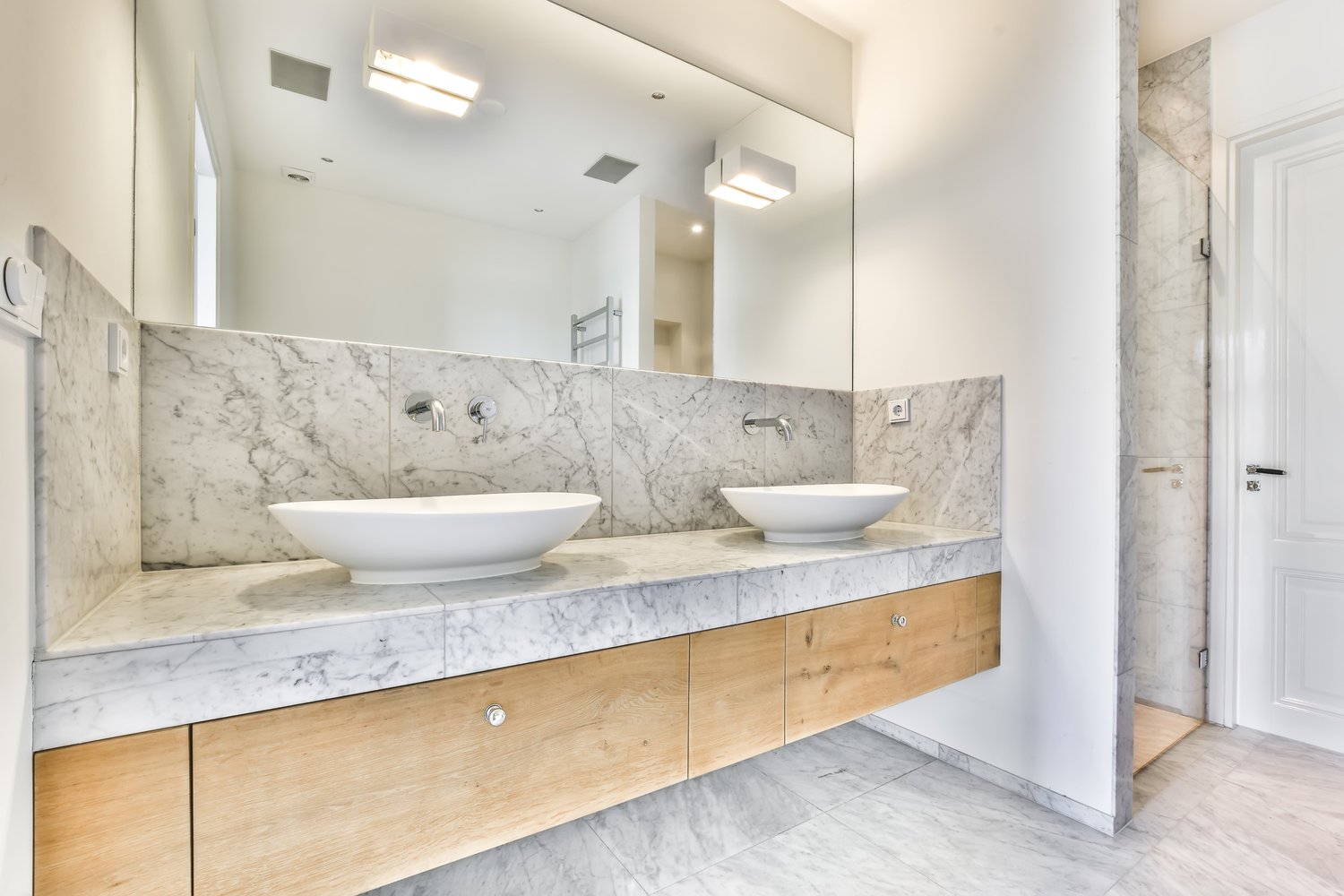A pool enclosure is a significant investment that enhances your swimming experience by keeping out debris, insects, and providing privacy while swimming. However, like any outdoor structure, these enclosures require regular maintenance to remain functional and attractive over time. Proper care for your pool screen can significantly extend enclosure life, saving you thousands in replacement costs. This article will guide you through essential maintenance practices to keep your screen enclosure looking great and performing well for many years to come.
Understanding Your Pool Enclosure Structure
Pool enclosures typically consist of an aluminum framework with screen mesh panels. The aluminum provides structural integrity while the screening allows airflow while keeping out leaves, debris, and insects. Before diving into maintenance, it’s important to understand that different areas of your enclosure face unique challenges. The roof panels endure direct sunlight, rain, and falling debris, while side panels may face soil splatter, landscaping hazards, and potential impact damage. By recognizing these distinct challenges, you can develop a targeted approach to maintain your pool enclosure properly.
Regular Cleaning Procedures
One of the most important aspects of pool enclosure maintenance is establishing a regular cleaning schedule. The frequency depends on your surrounding environment, but quarterly cleanings are generally recommended, with additional attention during seasons of heavy pollen or leaf fall. To clean screen enclosure panels effectively, start by using a soft-bristled brush on an extension pole to gently remove loose debris. Follow this with a rinse using a garden hose with a gentle spray pattern – never use pressure washers as they can damage the delicate screen material. For stubborn stains, a solution of mild dish soap and water applied with a soft cloth can be effective without causing damage.
Preventing Algae and Mildew Growth
Florida’s humid climate creates perfect conditions for algae and mildew to develop on pool enclosures. These not only look unsightly but can also degrade screen materials over time. To prevent this growth, mix a solution of one part white vinegar to three parts water and apply it to affected areas with a garden sprayer. Allow the solution to sit for 10-15 minutes before rinsing thoroughly. For more stubborn growth, a solution of oxygen-based cleaner can be effective without harming your plants or pool water. Regular application of these treatments, especially during humid months, can significantly reduce buildup and extend the life of your screening.
Inspecting and Addressing Structural Issues
At least twice a year, perform a thorough inspection of your pool enclosure’s aluminum framework and fasteners. Look for signs of corrosion, loose bolts, or separation at connection points. Small issues can quickly escalate if left unaddressed. Tighten any loose fasteners promptly, and apply a protective coating to areas showing early signs of corrosion. For coastal homes, where salt exposure accelerates deterioration, consider washing the framework with fresh water monthly to remove salt deposits. If you notice significant structural concerns, it’s best to consult with professionals from AskHomey who can connect you with qualified enclosure repair specialists before minor issues become major repairs.
Addressing Screen Damage Promptly
Even with the best care, screen panels may occasionally tear or develop holes. Addressing these issues promptly is crucial to maintain the integrity of your clean screen enclosure. Small tears can be repaired using screen repair kits available at most hardware stores. For larger damages, panel replacement might be necessary. When making repairs, ensure you use screening material that matches your existing enclosure in both material type and mesh size. Properly cared for screens should last 7-10 years, while the aluminum framework can last decades with appropriate maintenance.
Landscape Management Around Your Enclosure
The landscaping surrounding your pool enclosure plays a significant role in its longevity. Trees with overhanging branches can drop debris or even cause structural damage during storms. Trim back all vegetation at least three feet from the enclosure to prevent contact. Ground-level plants should also be kept trimmed to prevent them from touching and potentially damaging lower screen panels. When using lawn equipment near the enclosure, exercise caution to avoid flinging debris against the screens or accidentally hitting the framework with trimmers or mowers.
Seasonal Maintenance Considerations
Different seasons bring unique maintenance challenges for pool enclosures. Before hurricane season, inspect all fasteners and structural elements to ensure your enclosure can withstand strong winds. During pollen season, rinse screens more frequently to prevent buildup. In winter months, even in Florida, check for any impact from falling branches or storm debris. Creating a seasonal maintenance calendar can help ensure you’re providing appropriate care for your pool screen throughout the year, which will significantly extend enclosure life.
For more tips and to connect with reliable home service professionals, follow AskHomey on Facebook and Instagram.



